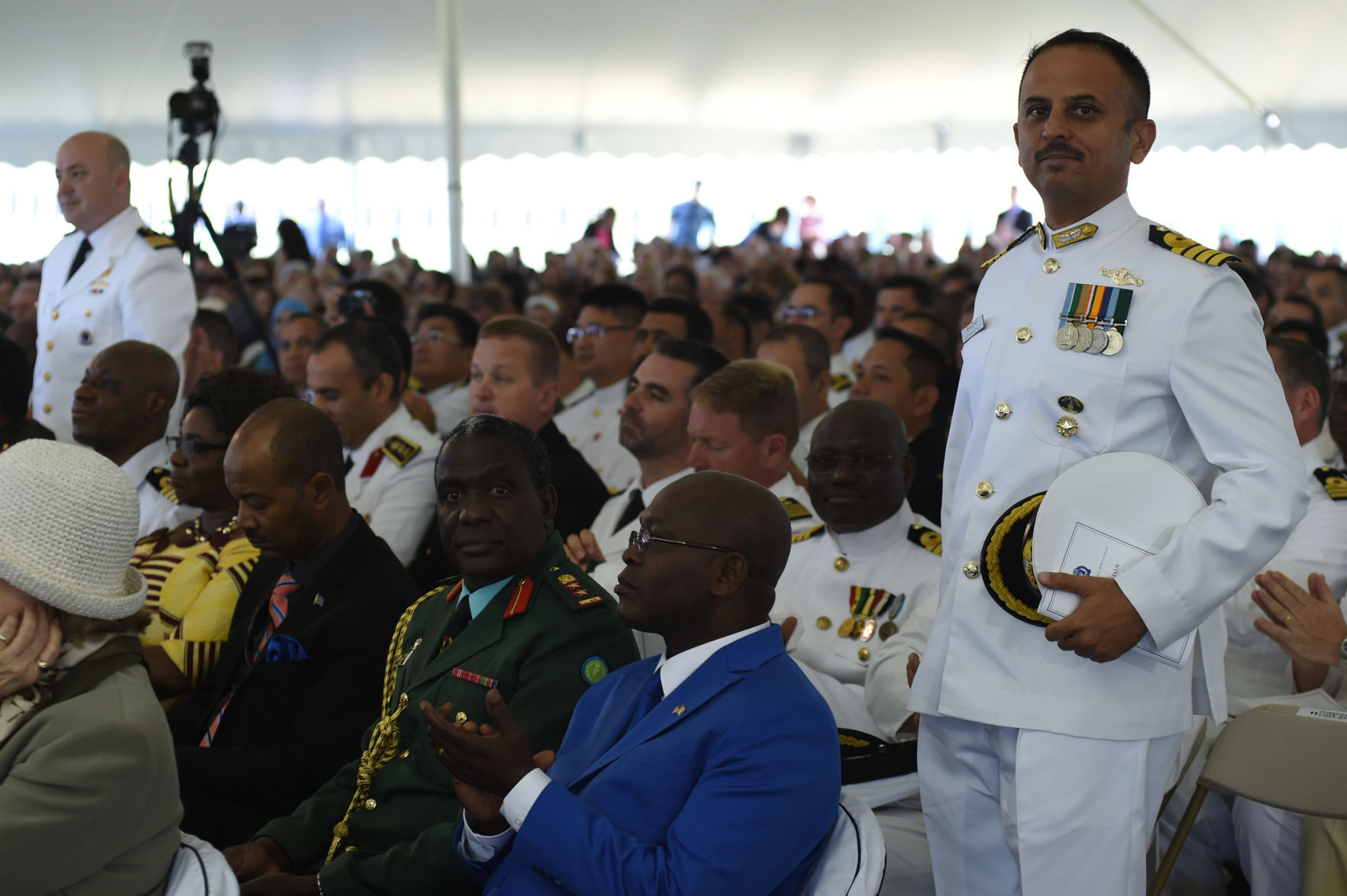


Adequate time is also provided for research work. Additionally, primers by Directing Staff/select student officers, presentation by syndicates, sub-syndicates and individual officers are also planned. Guest lectures by eminent speakers, experts, retired and serving senior officers and faculty from various universities, institutions and think-tank organisations provide course participants differing perspectives. The primary method of instructions is through the medium of lectures, syndicate discussion, presentations, field research visits, group discussions, individual and group exercises. NWC has successfully conducted 31 Naval Higher Command Courses, 26 Technical Management Courses and four Regional Maritime Security Course (RMSC) since its raising. There have been successive and continuous value additions, achievements and initiatives at training, academics, foreign cooperation, infrastructure development and conduct of events. The course participants are exposed to a wide variety of contemporary, competing, personal as well as organisational perspectives on services matters, regional and global issues and leadership. It provides a conducive environment for nurturing research oriented thinking and evolving future concepts on ‘Core Issues’ confronting the Armed Forces. From its modest beginning the NWC has evolved as a premier institution of higher learning in the faculties of training, warfare, war gaming, academics, leadership development and quality research in conformity with organisational aspirations with global bench marking standards. During its path breaking journey spanning 31 years, NWC has established itself as a world class transformational institution which inculcates strategic outlook with strong foundation of distinct regional and global awareness through its professionally sculptured curriculum. The Naval War College (NWC) was established on at Karanja, Mumbai as ‘College of Naval Warfare’ with the aim of developing leadership qualities of officers of the Indian Armed Forces at the Strategic and Operational level with respect to critical thinking, analytical ability, policy formulation and proficiency at operational Art.


 0 kommentar(er)
0 kommentar(er)
